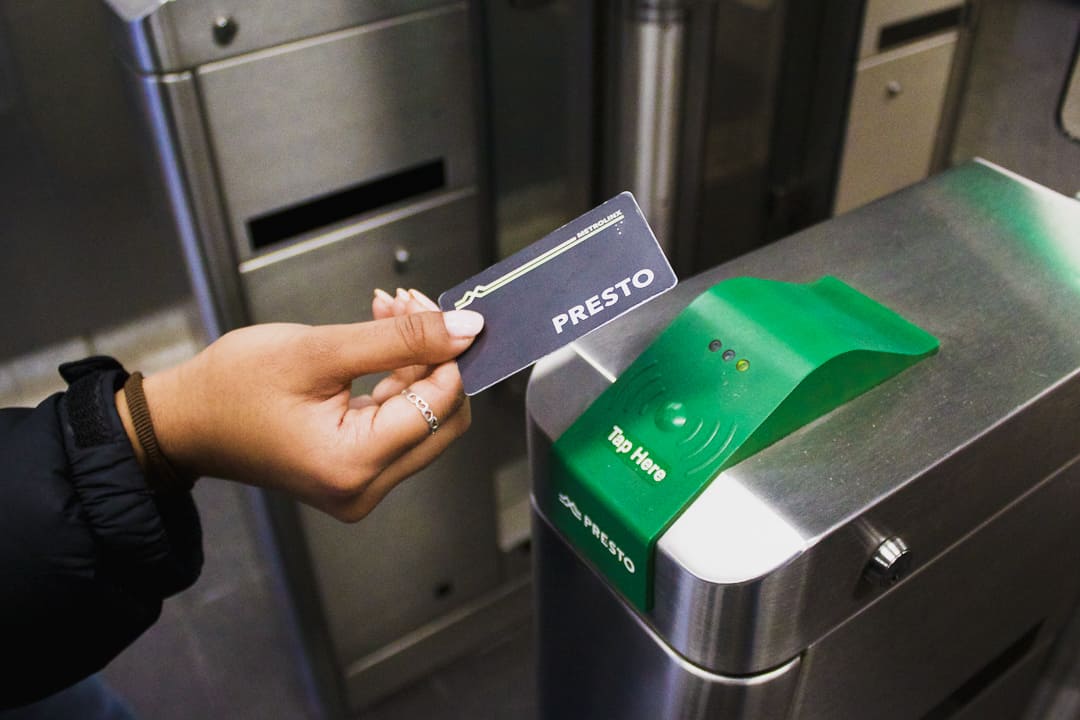On January 9, the TTC released its 2023 Operating Budget, which proposes a 10 cent rate hike — the first fare increase in nearly three years. The proposed fare change drew criticism from several groups, including many UTSG students, the vast majority of whom live off campus.
According to the TTC, the 2023 operating budget amounts to $2.38 billion in gross expenditure, a $53 million increase from 2022 levels. In a press release, the TTC wrote that the rate hike, if passed, would help supply the $43 million necessary to open Line 5 Eglinton and Line 6 Finch West and replace the Line 3 bus, a bus service to Scarborough. The TTC also plans to allocate an additional $4 million to “safety, security and cleanliness” and another $4 million to add 25 special constables and 10 Streets to Home outreach workers to the TTC payroll.
In response to the budget, advocacy group TTCriders released both a statement condemning the fare hikes and a petition expressing their dissatisfaction. TTCriders is a Toronto-based grassroots organization advocating for equal access to affordable, high-quality, and frequent public transit for low-income people, people with disabilities, and racialized individuals.
“TTC ridership is mostly shift workers, women, and low-income people,” states the petition. “If fares go up, Mayor Tory will be asking the lowest-income Toronto residents to pay more to get to work instead of asking those who can afford to pay more.”
The rate hike affects single rides while freezing fares for Fair Pass program users and riders with monthly and annual passes. As such, the policy won’t affect students with Post-Secondary Monthly Passes, which currently cost $128.15.
In a joint statement to The Varsity, Neha Sultana and Thérèse Perucho, the off-campus commissioner and president, respectively, of the University College Literary & Athletic Society, expressed frustration about the TTC’s priorities. “Although part of the TTC rate hike seeks to address transit safety conditions through supposed solutions such as an increased constable presence, there are other safety issues pertaining to the student body that the rate hike is failing to address,” they wrote.
Sultana and Perucho noted that the operating budget also included a proposal to raise the number of people allowed on TTC vehicles. In a press release, TTCriders wrote that these proposed increases will “result in less frequent and more crowded buses outside of rush hour, which is when many transit users travel with strollers and groceries.”
According to Sultana and Perucho, the frequent crowding, assaults at transit stations, long or delayed wait times, service cuts, and fare hikes are bound to make TTC riders “furious.”
In a statement to The Varsity, a spokesperson for U of T noted that, according to a 2020 survey, 96 per cent of students in their final year of undergraduate reported living off campus. The spokesperson encouraged students experiencing financial difficulties as a result of increased costs to contact their faculty registrar for information about additional funding opportunities.
The spokesperson also highlighted the University of Toronto Advanced Planning for Students program, which can provide financial assistance to students who do not receive sufficient governmental assistance.


